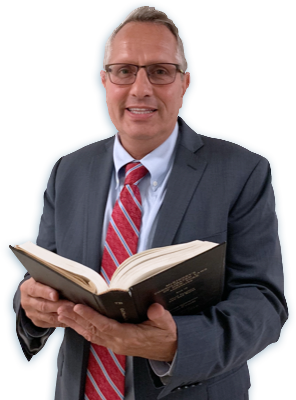Many New York residents rely on ride-sharing services like Uber to get home after a night out with friends, family members or acquaintances, but a growing body of evidence is indicating that this kind of service can also have a profound impact on drunk driving arrest rates. Uber has come under fire from taxi interests and lawmakers in a number of cities, but advocacy groups like Mothers Against Drunk Driving have been impressed by data from law enforcement agencies and surveys of Uber riders and are enthusiastically backing the concept of ride-sharing.
Surveys conducted by Uber found that an overwhelming 80 percent of the California-based company’s riders say that the service had prevented them from drinking and driving on one or more occasion, and data provided by the Atlanta Police Department appears to bear these numbers out. The number of drunk driving arrests in the Georgia city plummeted significantly after Uber began offering its service to Atlanta residents in 2012.
However, DUI arrest statistics did not look so good in Austin after Uber opted to pull out. The ride-sharing company balked at strict new regulations designed to crack down on unlicensed cabs, and drunk driving arrests shot up by almost 8 percent within weeks of their app going offline compared to the same period in the previous year. Uber was providing ride-sharing services to more than 350,000 Austin area residents prior to quitting the lucrative Texas market.
Law enforcement agencies and prosecutors in New York take drunk driving seriously, and motorists facing DWI charges sometimes feel that the deck is stacked against them. However, guilt must be proved beyond a reasonable doubt in a criminal case. Experienced attorneys could question the results of breath or blood tests in certain situations, and police reports may be studied for vague, contradictory or inaccurate statements.



